In honor of Latinx Heritage Month, we’re featuring interviews and profiles with members of the Haas community of Latin American descent. For our first interview, we caught up with Cristy Johnston-Limón.
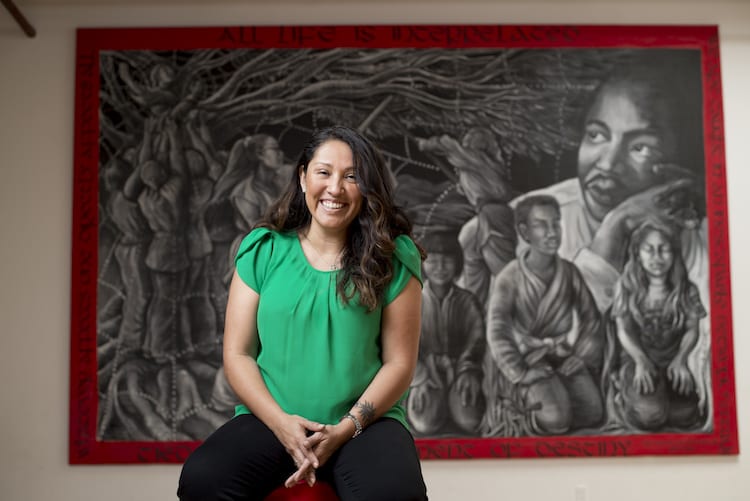
Cristy Johnston-Limón, EMBA 16, is the daughter of Guatemalan immigrants who grew up in San Francisco’s Mission District, where she worked as a young urban neighborhood activist. A first-gen UC Berkeley student who went on to graduate from the Berkeley MBA for Executives Program, Johnston-Limón was the former executive director of Destiny Arts in Oakland. She’s now the executive director of Youth Speaks, an organization that aims to transform young peoples’ lives and communities through the arts.
Recently, she volunteered for the CARA Pro Bono Legal Project, which works with lawyers and translators to help asylum-seeking mothers at the border prepare for their “credible fear interviews,” the first step in a lengthy process to gain protection from violence and persecution in their native countries.
“The majority of the women were from Guatemala, El Salvador, and Honduras,” Johnston-Limón said. “As a Guatemalan woman who speaks the language and understands our cultural norms, I was able to build rapport and trust quickly with the mothers, some who were struggling with the trauma of migration, and having been separated from their children while gaining entry into the U.S. I have never felt more proud of my fluency than I did when I discovered that all of the women I worked with were granted asylum, and have a fighting chance to start a new life in this country.”
We asked her a few more questions:
Tells us about your heritage.
My ancestral roots are Mayan. Both of my parents are from Guatemala and met in San Francisco in the mid 1970s. My grandparents are from Antigua, a UNESCO World Heritage site, and one of my favorite places to visit, drink coffee from my grandfather’s coffee plants, and listen to American rock music with my cousins.
What aspect of your cultural heritage do you enjoy sharing most with others?
Being bilingual and bicultural has opened so many doors, professionally and personally. I was raised to value family, friendships, and personal connections which have translated into being able to make a connection with virtually anyone from any background. Emotional intelligence is a powerful skill that builds bridges, creates opportunities for genuine connection, and more. Having developed this cultural fluency has really helped propel my career in public service as I engage with people from all walks of life, sometimes in the same conversation.
How did your heritage shape your desire to get an MBA and your career path?
Obtaining higher education is still largely limited in our Latinx community, with just under 4% of U.S. Hispanics obtaining master’s degrees [2016, U.S. Census Bureau reported 3.9%]. Being the first person in my family to graduate from college, from UC Berkeley no less, I felt a responsibility–still feel it–to push myself beyond what I think I can do and make a greater impact in my family and my community through higher education. I knew an MBA could open more doors for my social impact work, as increasingly nonprofit leaders must also have business fluency, but what I didn’t account for was that other young men and women, particularly young people of color, would be inspired by my journey.
Today, as the director of the country’s largest spoken-word organization, I am using every skill and tool I learned at Haas to advance social justice through the arts, centering youth voices and narratives to make lasting change for the better.
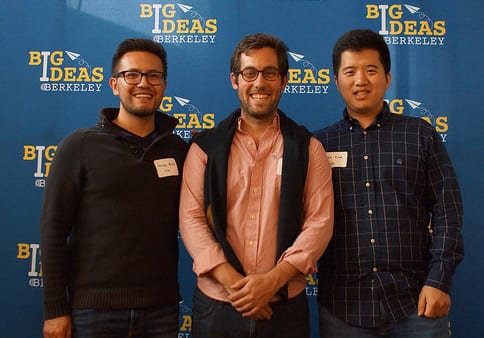

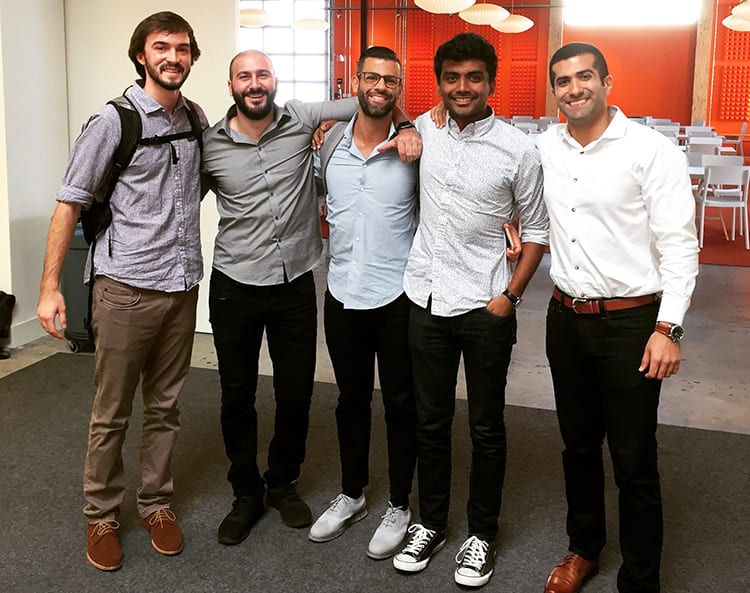
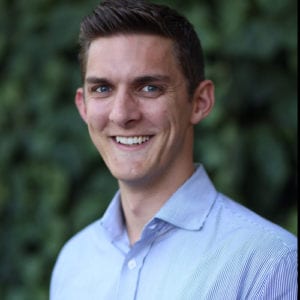
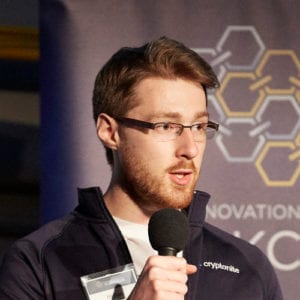
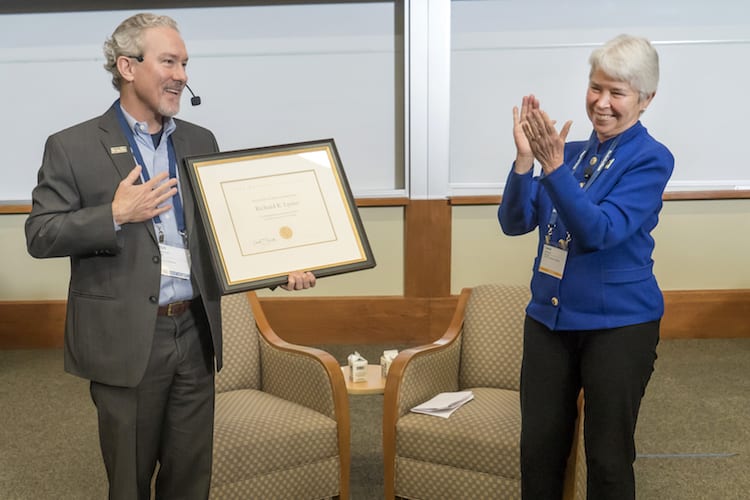
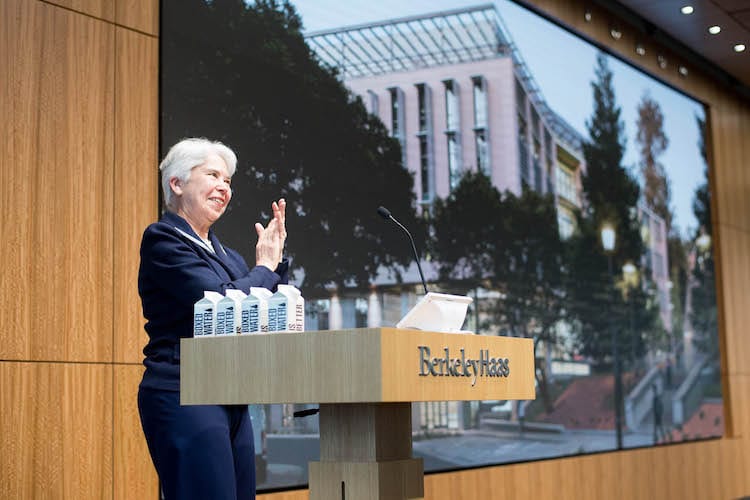
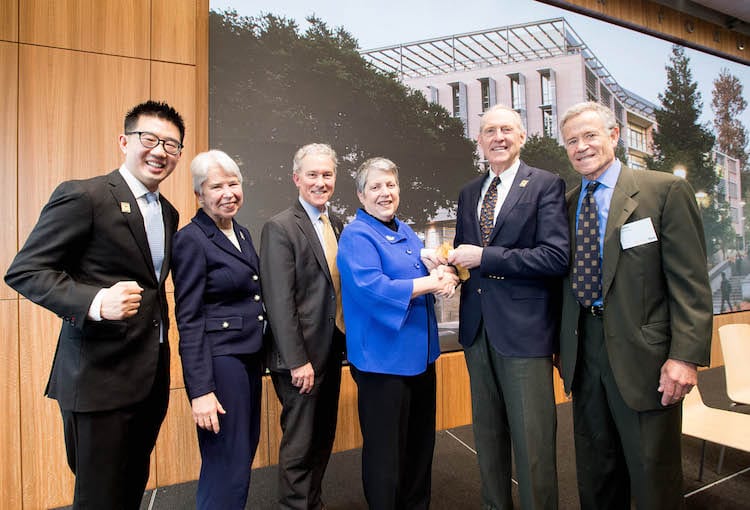
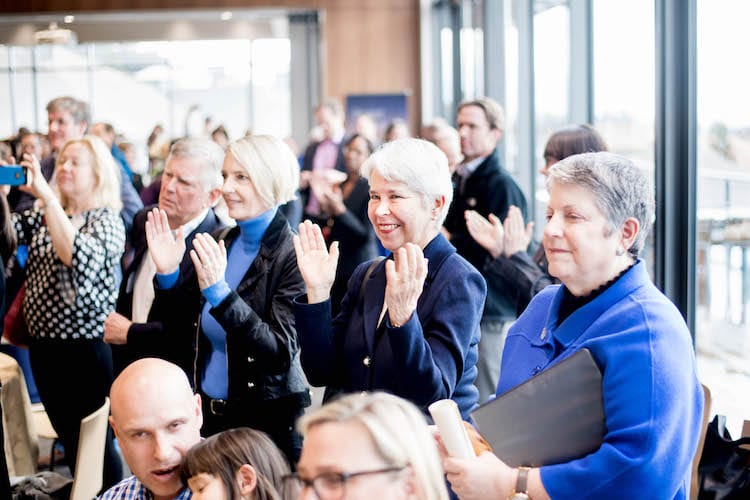
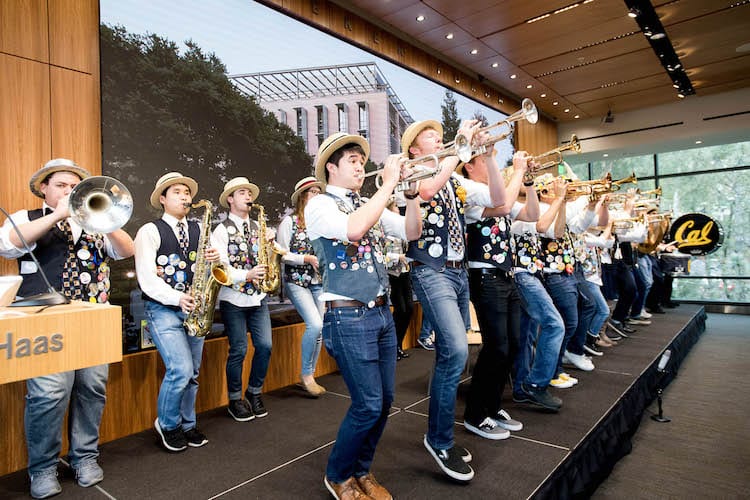
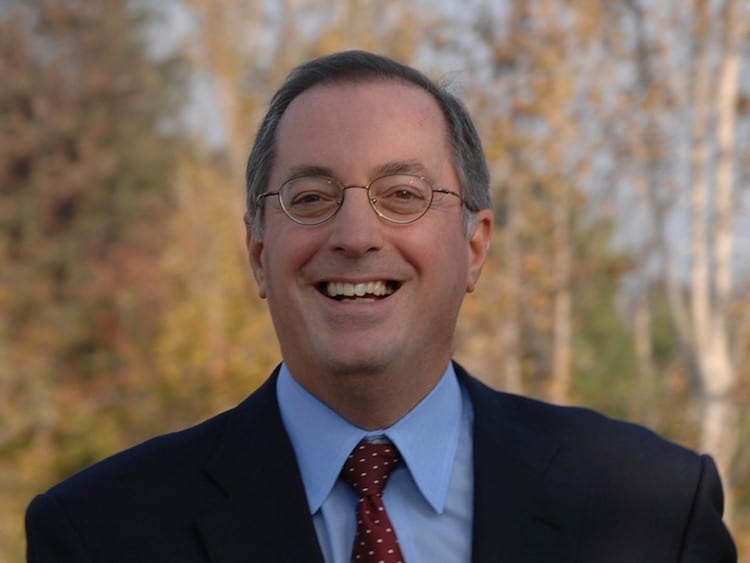
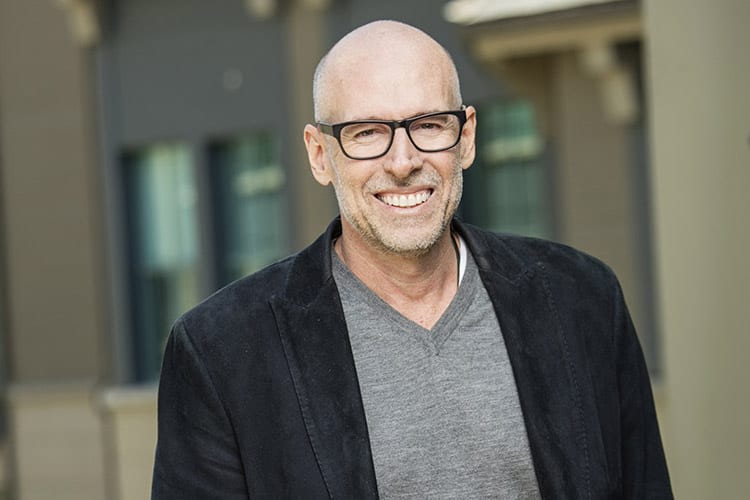
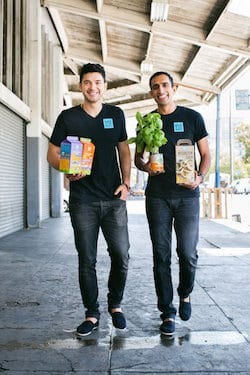

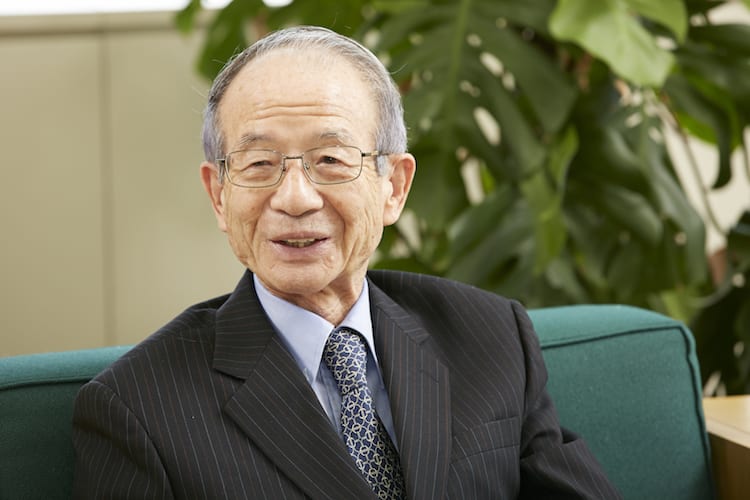

 Joseph Jimenez, CEO of global healthcare giant Novartis, will give the commencement address at the combined Full-time and Evening & Weekend MBA graduation.
Joseph Jimenez, CEO of global healthcare giant Novartis, will give the commencement address at the combined Full-time and Evening & Weekend MBA graduation.


















